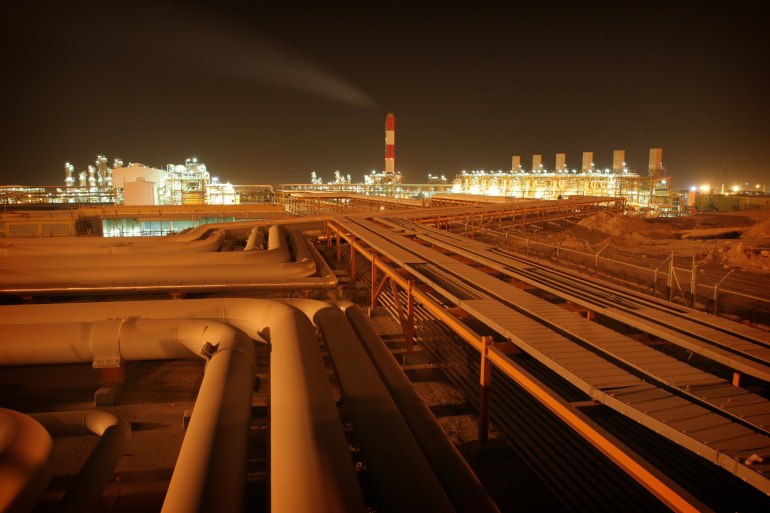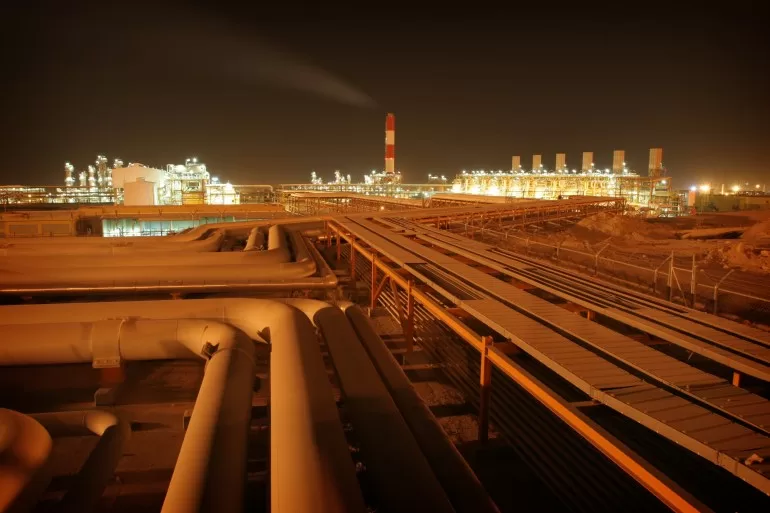Two explosions on key south-north gas pipeline network last week disrupted supplies in several Iranian provinces.
“The explosion of the country’s gas lines was the work of Israel,” Oil Minister Javad Owji said on Wednesday after a cabinet meeting.
“The plot was foiled,” he said.
Two explosions hit Iran’s leading south-north gas pipeline network on February 14. They were initially described by Owji as a “terrorist act or sabotage” without naming who was behind the attacks.
“The enemy intended to disturb gas service in the provinces and put people’s gas distribution at risk,” state news agency IRNA reported quoting Owji, who did not provide evidence to support his claim.
Israel has not acknowledged carrying out the attacks, but it rarely claims its espionage missions abroad.
The blasts hit a natural gas pipeline from Iran’s western Chaharmahal and Bakhtiari province up north to cities on the Caspian Sea. The roughly 1,270km (790-mile) pipeline begins in Asaluyeh, a hub for Iran’s offshore South Pars gas field.
There were no reported casualties from the attack. State media reported that supplies had been disrupted in the provinces of North Khorasan in the northeast, Lorestan in the west and Zanjan in the northwest.

Owji earlier compared the attack to a series of mysterious and unclaimed assaults on gas pipelines in 2011, including an attack around the anniversary of Iran’s 1979 revolution.
In December, a hacking group that Iran accuses of having links to Israel claimed it carried out a cyberattack which disrupted as much as 70 percent of Iran’s petrol stations.
Iran has generally blamed agents of Israel for similar acts of alleged sabotage in the past. Israel has carried out attacks in Iran but has predominantly targeted its nuclear and military sites.
The war on Gaza has worsened relations between the two countries. The Iran-aligned Yemeni Houthis have launched attacks on Israel and shipping in the Red Sea in solidarity with Palestinians in Gaza. Israel and Iran-linked Lebanese armed group Hezbollah have been engaged in months of increasingly deadly cross-border attacks.
